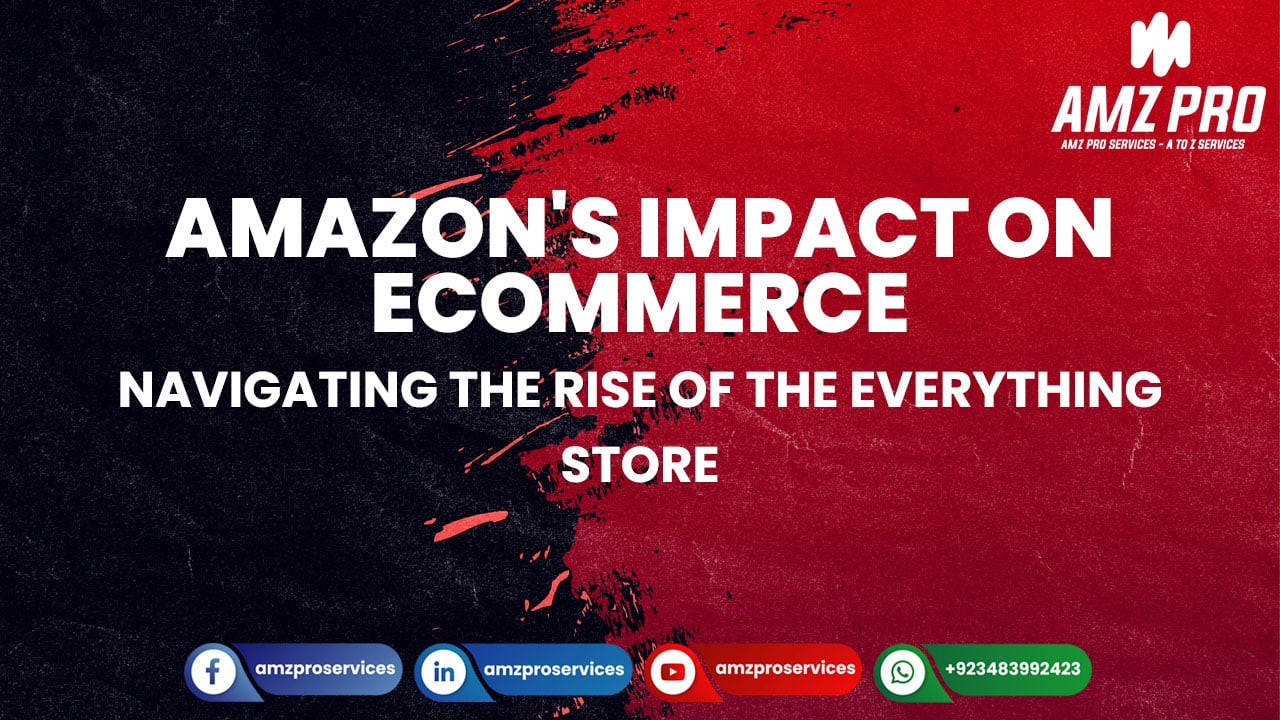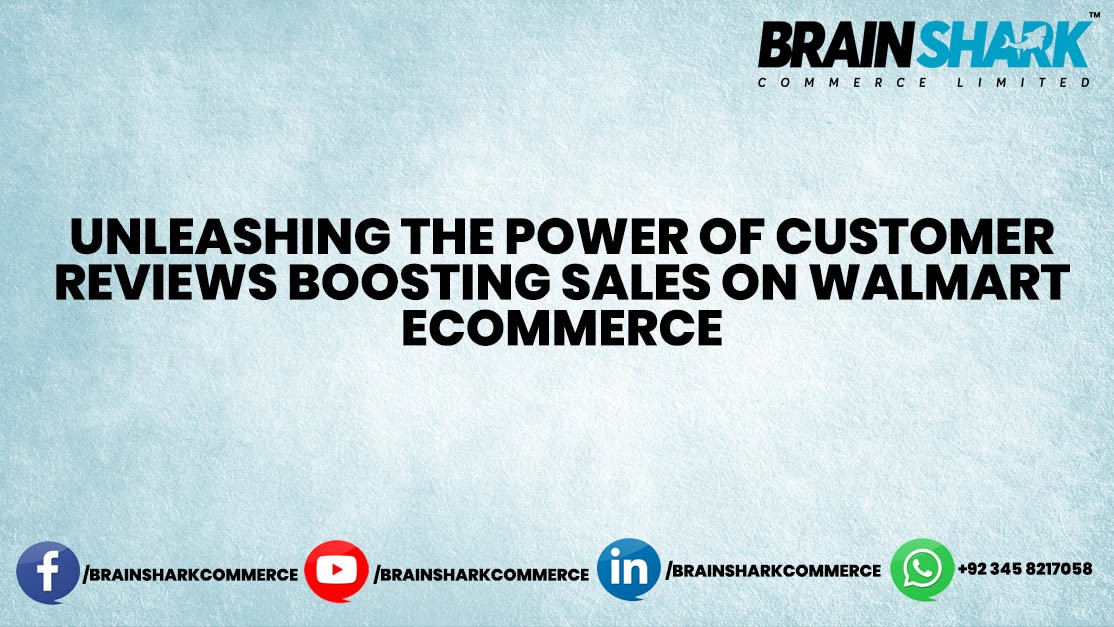Amazon: The Ecommerce Giant and What It Means for Online Retailers
Amazon, the world's largest online marketplace, has drastically transformed the eCommerce landscape since its inception in 1994. With its extensive product offerings, advanced technology, and unmatched customer service, Amazon has set a new standard for online retail. This blog post explores the rise of Amazon, the impact it has had on the eCommerce industry, and what it means for online retailers today.
The Rise of Amazon
Founded by Jeff Bezos in his garage, Amazon started as an online bookstore but quickly expanded its product categories, becoming the "everything store" we know today. The company's meteoric rise can be attributed to its customer-centric approach, vast product assortment, and technological innovation.
Amazon's customer-centric philosophy is embodied in its mission statement: "to be Earth's most customer-centric company." This approach is evident in Amazon's user-friendly website design, personalized recommendations, quick delivery options, and easy return policy, all aimed at enhancing the customer shopping experience.
The extensive product range on Amazon is another crucial factor in its success. From books and electronics to fashion and groceries, Amazon offers virtually anything a customer might need. This wide selection, coupled with competitive pricing, makes Amazon a go-to platform for many shoppers.
Lastly, Amazon's technological innovation has significantly contributed to its growth. It pioneered features like customer reviews and one-click shopping, and later ventured into cloud computing with Amazon Web Services (AWS). Amazon has also made strides in AI with its voice assistant, Alexa, and in logistics with its drone delivery initiative.
Amazon's Impact on the eCommerce Industry
Amazon's influence on the eCommerce industry is substantial and multifaceted. It has raised customer expectations, accelerated the adoption of technology in retail, and created a highly competitive online marketplace.
In terms of customer expectations, Amazon has set the bar high. Consumers now expect a vast product selection, competitive pricing, fast shipping, and excellent customer service - standards that Amazon excels in. This has compelled other online retailers to improve their offerings to keep up.
Amazon's technological advancements have also pushed the retail industry forward. Its use of data to personalize shopping experiences, its development of AI technologies, and its innovative delivery methods have revolutionized how businesses operate and how customers shop.
Moreover, Amazon's marketplace model has given rise to a new eCommerce ecosystem. It has enabled thousands of third-party sellers to reach a global audience, contributing to the platform's massive product assortment. However, it also means increased competition for retailers, as they're not only competing with Amazon but also with other sellers on the platform.
What Amazon Means for Online Retailers
For online retailers, Amazon presents both opportunities and challenges.
On the positive side, Amazon's marketplace provides an enormous customer base for retailers to tap into. It offers tools and services to help sellers manage their business, and its fulfillment program, Fulfillment by Amazon (FBA), handles storage, packaging, and shipping on behalf of sellers.
However, selling on Amazon comes with its share of challenges. The competition is fierce, and standing out can be difficult. Plus, retailers must comply with Amazon's policies and fees. Furthermore, while Amazon can help increase a retailer's visibility and sales, there's a risk of becoming too dependent on the platform.
Despite the challenges, Amazon's dominance in the eCommerce industry is hard to ignore. For many retailers, the potential benefits of reaching Amazon's vast customer base outweigh the drawbacks. But it's crucial for businesses to maintain a balanced approach, leveraging Amazon's platform for growth while also developing their eCommerce presence.
Adapting to the Amazon Era
In the Amazon era, online retailers must step up their game to stay competitive. This involves meeting and exceeding customer expectations, embracing technology, and finding ways to differentiate themselves.
Investing in customer service is a must. Retailers should focus on creating a smooth and enjoyable shopping experience, providing prompt and helpful customer support, and cultivating customer relationships. This not only helps in retaining existing customers but also in attracting new ones.
Leveraging technology is another key strategy. Retailers can use data analytics to understand customer behavior and preferences, AI for personalized recommendations, and automation to streamline operations. Additionally, exploring new technologies, such as AR/VR for virtual product trials or chatbots for customer service, can help retailers stay ahead of the curve.
Differentiation is also crucial in the crowded eCommerce space. This could be through unique product offerings, superior product quality, a niche market focus, or exceptional customer service. Building a strong brand identity and communicating your unique selling proposition effectively can help you stand out.
Finally, while Amazon is a powerful platform, it shouldn't be the only channel for your business. Having your own eCommerce website gives you more control over your brand, customer relationships, and business operations. It also allows for more customization and personalization, which can enhance the customer experience. A multi-channel strategy, combining your own website with other online marketplaces, can help diversify your customer base and reduce dependence on a single platform.
Conclusion
Amazon's rise to eCommerce dominance has significantly shaped the online retail landscape, setting new customer expectations and pushing technological innovation. For online retailers, understanding Amazon's influence and adapting accordingly is crucial for success in today's competitive eCommerce environment. By focusing on customer service, leveraging technology, differentiating their offerings, and adopting a balanced multi-channel approach, retailers can navigate the Amazon era and thrive in the evolving eCommerce landscape.

